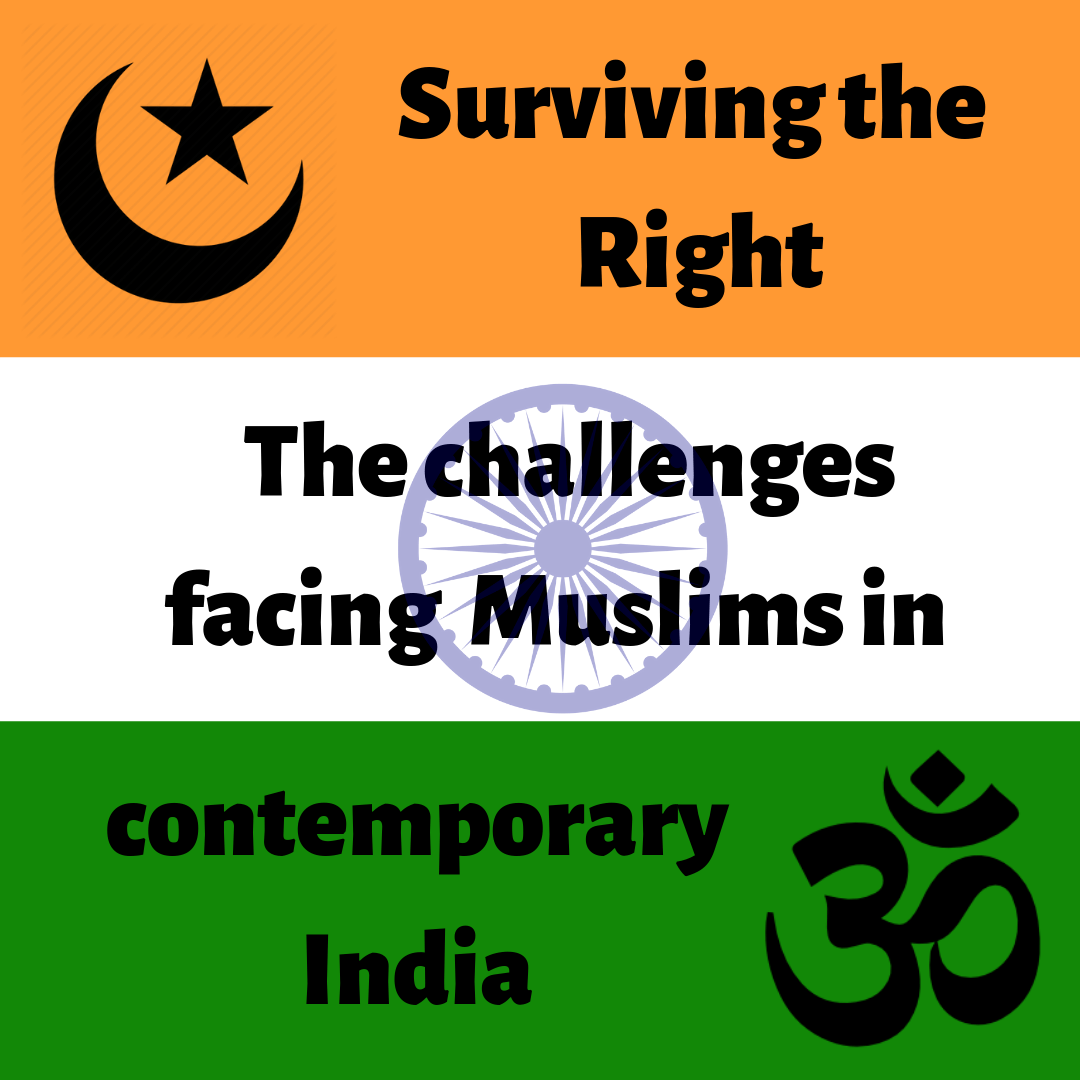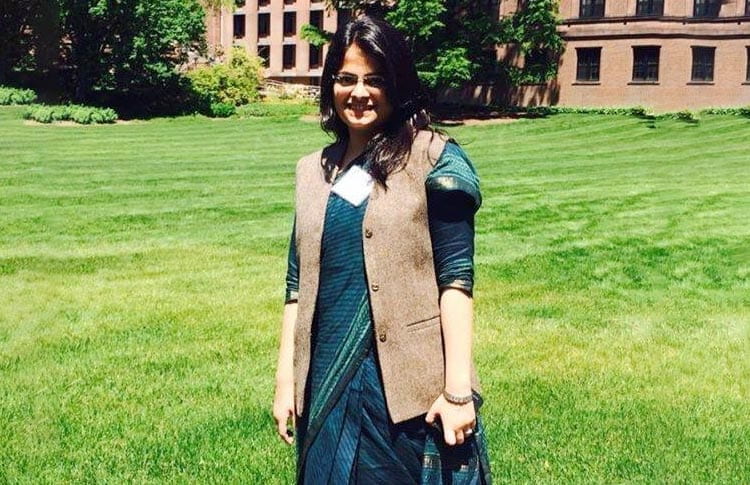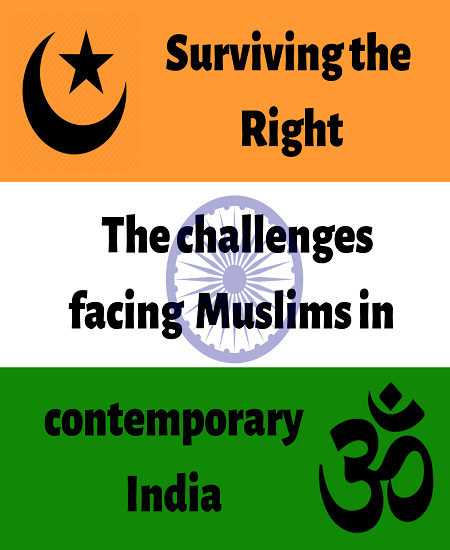4/2/19: Surviving the Right: The Challenges Facing Muslims in Contemporary India

Tuesday, April 2, 2019
12:30 PM — 1:45 PM
Chung-Wen Shih Conference Room
The Elliott School of International Affairs
1957 E Street, NW, Washington, District Of Columbia 20052

Muslims comprise the largest religious minority in India. Despite constitutional safeguards, poverty, marginalization, discrimination and violence is an everyday reality for the community. This situation has been exacerbated in the present political scenario where those in positions of power have either shown complicity or have actively participated in perpetuating violence and discrimination against Indian Muslims. Hate crimes against the community, including mob lynching either in the name of cow vigilantism or unabated hate speeches and repeated instances of communal violence have added to this marginalisation.
Muslim women in India are triply disadvantaged, first as members of a minority, then as women, and poor women and find themselves often trapped between being loyal to their religious identity and a desire for freedom and equal rights within those communities as well. From being targeted during communal riots as honour bearers of the community being revenged to having to defend and claim their rights from within patriarchal structures in a communal climate, Muslim women in India are fighting many battles.
With elections around the corner, this conversation, after throwing light on what it means to be a Muslim in contemporary India, also intends to bring to the fore the specific challenges that Muslim women face in an increasingly communal environment in the country.

Mariya Salim is a women’s rights activist, researcher, writer and an Islamic feminist. She has a degree in human rights law from the School of Oriental and African Studies, London. With over ten years of experience in the development sector, she has lent herself to many feminist concerns, especially those related to the rights of Muslim women. Mariya is associated with the Bharatiya Muslim Mahila Andolan (Indian Muslim Women’s Movement) and writes extensively in the media on
issues related to Minority rights, Identity Based Violence and Muslim women’s rights.


